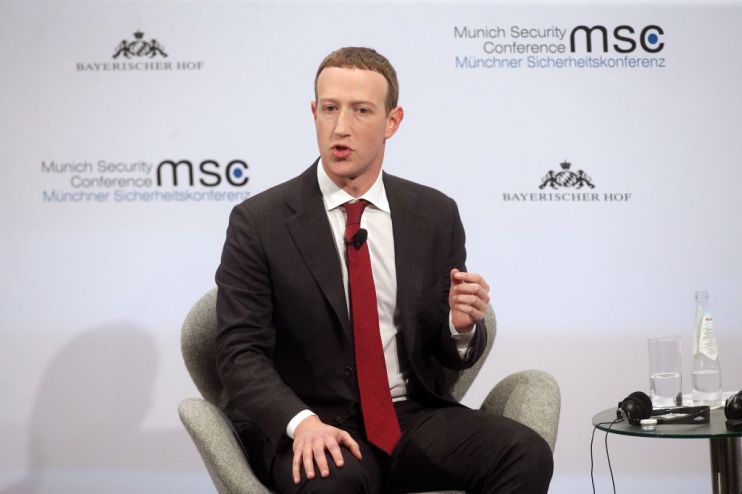Let’s be honest, the competition watchdog shouldn’t care about Meta buying Giphy

On Tuesday, the Competition and Markets Authority (CMA) blocked Meta’s acquisition of Giphy, a gif search engine. This ruling risks undermining London’s status as the digital capital of Europe — threatening innovation, job creation and economic growth.
And yet, they did it anyway. The CMA had two justifications for blocking the acquisition. The first was that Meta “could” block other platforms’ access to gifs, and therefore limit their ability to compete with Meta’s dominant position in social media. In fact, Meta made the acquisition to improve user experience, by ensuring continued access to gifs, not to shut down third party access. From the start, Meta committed to continuing open access and offered to make a legally binding commitment. Furthermore, even if Meta were to block access, there are alternative gif search engines, such as Tenor, to serve users.
The CMA’s other justification was that the acquisition would prevent a “potential” challenger in digital advertising. The word “potential” does a lot of heavy lifting. Giphy is a relatively small and completely unprofitable digital company. It had dabbled in brand partnerships in the United States, but had zero advertising revenue in the United Kingdom. It is extremely difficult to envisage this niche company competing with one of the world’s largest advertising businesses.
In fact, when considering the acquisition, Meta found that Giphy’s advertising business was worthless – and the takeover was so minor that it did not even require board approval.
Meta weren’t the only ones. Snap, the owner of Snapchat, came to the same conclusion about Giphy’s advertising being worthless and put in a much lower bid. The Competition Appeals Tribunal later scolded the CMA for failing to disclose Snap’s findings.
The implications of the Giphy case are much wider than it may first appear. The CMA’s interventionist approach risks having a chilling effect on investment in the UK, which has hardly had a boost of confidence after a stream of U-turns from Westminster. Many entrepreneurs are only able to raise funds, and thus innovate, create jobs and grow, on the presumption of an exit by acquisition. A study in the United States found that a majority (58 per cent) of start-up founders expect to be acquired at some point. Very few founders want the hassle of listing on a stock market. The Giphy case will only make this harder.
It has also proven messy for the CMA. The decision to viciously go after Meta has, at times, appeared highly political from what is meant to be a neutral, fact-finding, law-enforcing regulator. The CMA can only be challenged on the “judicial standard,” which focuses on process and irrationality. The watchdog cannot be challenged on a matter of fact or law. This provides significant deference to the regulator, who was ultimately able to push through its original decision despite a finding of improper process.
At the same time, however, the questionable basis for the intervention and the risk to investment has attracted substantial criticism and cast a shadow over the organisation’s activities. It certainly raises questions about the extent of new powers provided to the proposed Digital Markets Unit.
It’s very possible that the Giphy case will be a pyrrhic victory for the CMA. Rather than signalling a new era in enforcement, the CMA’s wings could be clipped. Rather than the beginning of a muscular approach to digital giants from the competition regulator, this may end up proving a high watermark in enforcement.